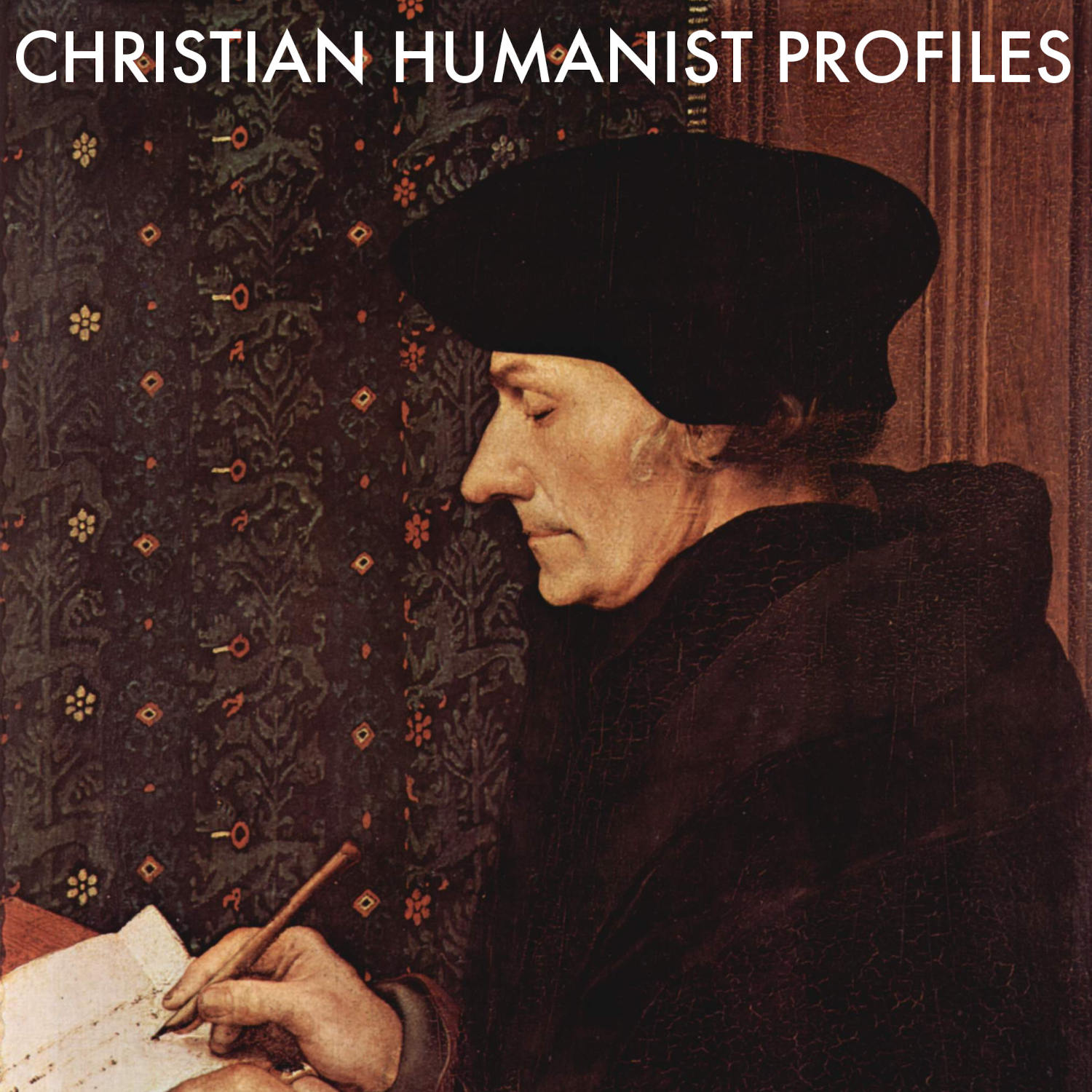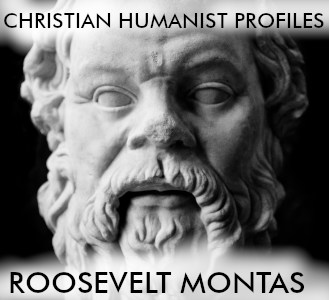If you don’t spend much time around Biblical-studies people, the neologism “parallelomania” might be a new one on you, so let me explain: for different reasons, some writers in Biblical studies seem bent on discovering, naming, and insisting on a particular significance for any text that looks like, sounds like, works like, and otherwise resembles canonical and orthodox and historically central texts. Sometimes the parallelomaniac insists that the similarities render orthodox Christianity a mere winner among contenders, historically speaking, and sometimes the parallelomaniac wants to say that the tradition that comes down to most of us is not much more than centuries of plagiarism. Dr. Michael F. Bird wants to slow down a bit: yes, the ways that worshipers talk about Jesus develop from generation to generation, and yes, some of the formulations differ from one another, but the conclusions might be too hasty. His recent book Jesus Among the Gods: Early Christology in the Greco-Roman World proposes some different practices for reading a spectrum of ancient texts, and then he shows the reader what those reading processes look like, and Christian Humanist Profiles is glad to welcome him to the show to talk about all of it.

David Grubbs interviews Tim Perry about his recent book "The Theology of Benedict XVI: A Protestant Appreciation."

When I started my undergraduate years at Milligan College in 1995, its interdisciplinary Humanities sequence was already a well-established hallmark of its educational project. ...

David Grubbs talks with Gerald Bray about his recent book "Augustine on the Christian Life."